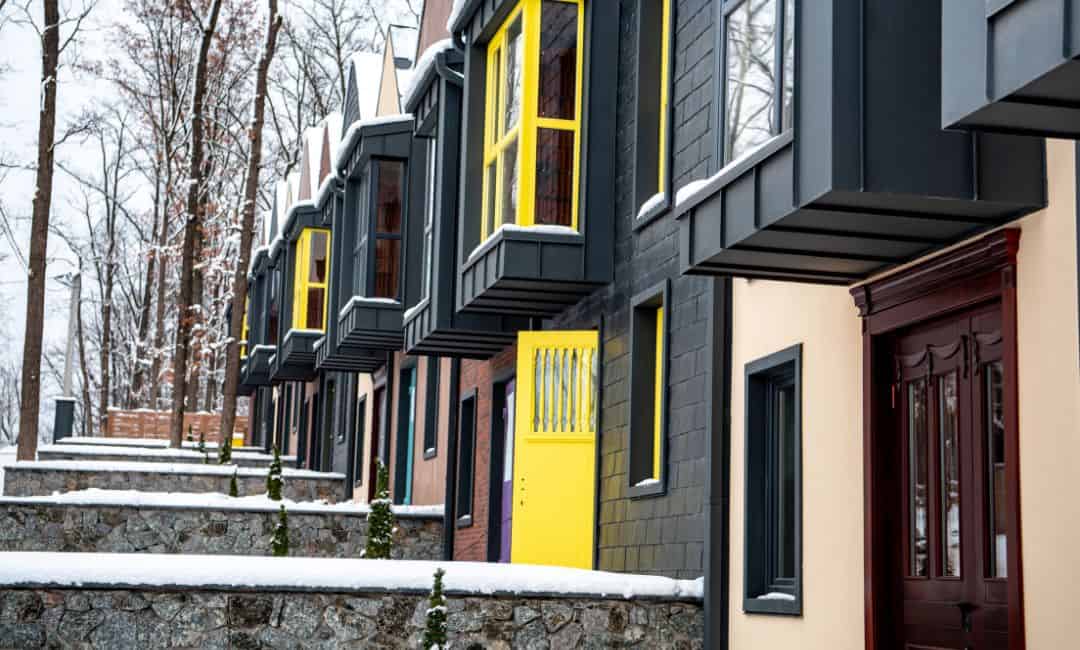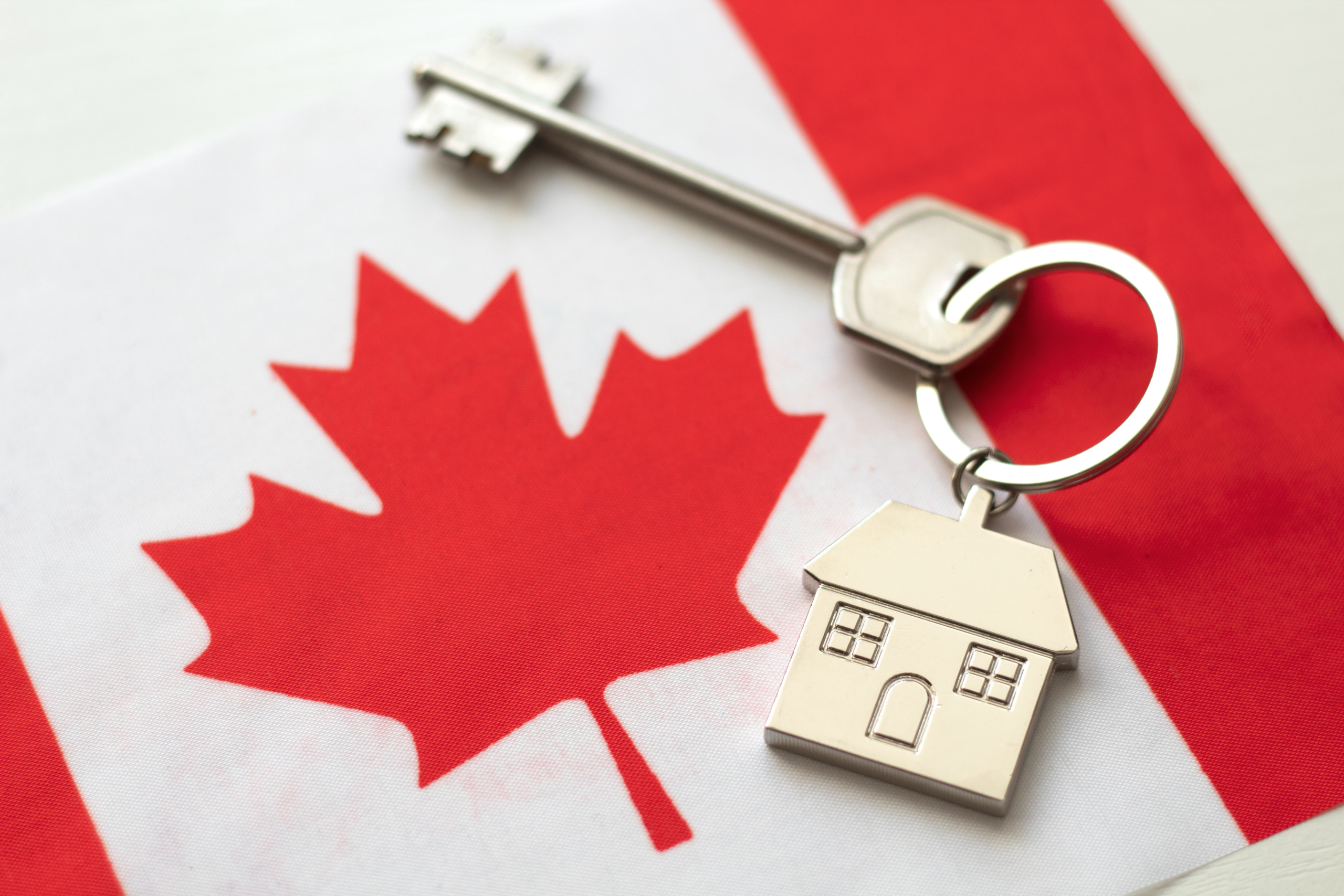Essential Tips for First Time Home Buyers Canada

Buying your first home is a thrilling and important milestone. However, navigating the Canadian housing market can be a complex and daunting process, especially for first-time buyers. To help you make informed decisions and ensure a smooth home buying journey, we have compiled a comprehensive guide of essential tips for first time Home Buyers Canada.
Understanding the Canadian Housing Market
1. Factors influencing the Canadian housing market
The Canadian housing market is a complex beast influenced by a variety of factors. From government policies and interest rates to economic conditions and population growth, a lot can impact housing prices and availability. It’s important to stay informed about these factors to make better decisions when entering the market.
2. Current trends and forecasts
Keeping up with the latest trends and forecasts can give you a better understanding of where the Canadian housing market is headed.
- Are prices rising?
- Are there areas experiencing high demand?
- Are there any potential risks or opportunities on the horizon?
While nobody has a crystal ball, staying in the know can help you navigate the market more effectively.
3. Market conditions in different regions
Canada is a vast country with diverse housing markets. What’s happening in Toronto might be entirely different from Vancouver or Montreal. Market conditions like supply and demand dynamics, can vary significantly between regions.
How to Assess Your Financial Readiness?

1. Calculating your budget and determining affordability
Before diving into the world of homebuying, it’s essential to have a clear picture of your financial situation. Calculate your budget by considering your income, expenses, and any existing debt. Don’t forget to factor in extra costs like property taxes, maintenance, and insurance.
2. Understanding and improving your credit score
Your credit score plays a vital role in mortgage approval and the interest rates you’ll be offered. Take the time to understand your credit score and address any issues or discrepancies. Paying off debts, making payments on time, and keeping credit utilization low can help boost your score and improve your chances of getting a favorable mortgage.
3. Saving for a down payment
Saving for first time home buyer down payment can be a daunting task but is a necessary step in the home buying process. Start by setting a realistic savings goal and create a budget that allows you to set aside a portion of your income regularly. Consider exploring government programs and incentives that can assist first-time buyers in accumulating the necessary funds.
How to Explore Mortgage Options and Pre-approval

1. Types of Mortgages Available in Canada
Understanding the various mortgage options available in Canada is crucial. From fixed-rate to variable-rate mortgages, each comes with its pros and cons. Research and compare different mortgage products to find the one that aligns with your financial goals and risk tolerance.
2. Meeting with lenders and getting pre-approved
Getting pre-approved for a mortgage can give you a significant advantage in the competitive housing market in Canada. It involves meeting with lenders, providing your financial information, and obtaining a pre-approval letter stating the maximum amount you can borrow.
3. Understanding mortgage terms and conditions
Before signing on the dotted line, it’s important to understand the terms and conditions of your mortgage agreement. Make sure you read the fine print from interest rates and payment schedules to penalties and prepayment options. Don’t hesitate to ask questions or seek professional advice if something is unclear.
Researching and Selecting the Right Neighborhood

1. Identifying your needs and preferences
When it comes to choosing a neighborhood, everyone has different needs and preferences. Consider proximity to work, transportation options, schools, amenities, safety, and community vibe. Create a list of your must-haves and nice-to-haves to guide your search and ensure you find a neighborhood that suits your lifestyle.
2. Researching amenities, schools, and transportation options
Researching the amenities, schools, and transportation options in a neighborhood can provide valuable insights.
- Are there parks, or shopping centers?
- Are recreational facilities nearby?
- What are the quality and proximity of schools?
- How accessible is public transportation?
Thoroughly investigate these aspects to ensure the neighborhood aligns with your needs and enhances your daily life.
3. Evaluating property values and future development
Property values and future development plans can significantly impact the long-term value and livability of a neighborhood. Look at historical price trends and consider potential future developments, such as infrastructure projects or zoning changes.
Remember, buying your first home is an exciting milestone, but it can also be overwhelming. Take your time, do your research, and seek guidance from professionals when needed.
With the right knowledge and preparation, you will be well on your way to tips for first time home buyers Canada to purchase the perfect home-sweet home in the great white North.
While you can’t predict the future, understanding the importance of due diligence when closing on pre construction property can help you make a more informed decision and potentially reap benefits down the line.







